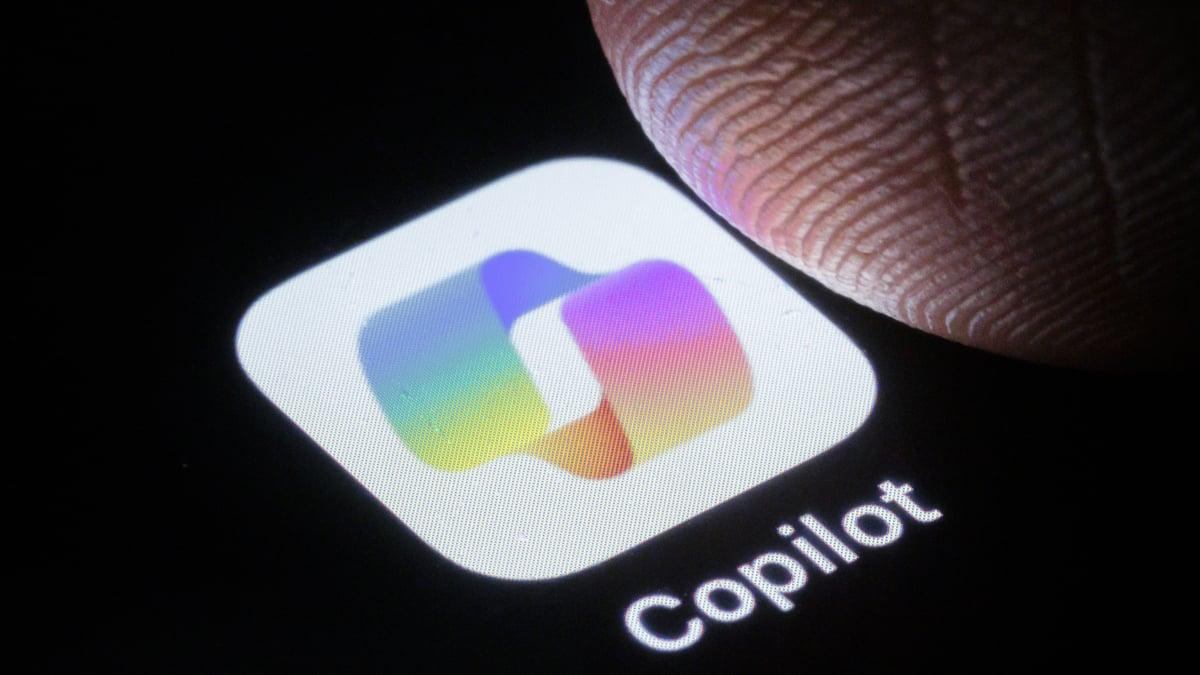The thousands of recently terminated Microsoft employees, navigating one of the company's largest layoffs in years amid a period of industry upheaval, already have a tool to cope with the emotional burden, according to one Xbox exec: Microsoft Copilot.
The sentiment was shared in a now-deleted LinkedIn post by Xbox Game Studios Publishing executive producer Matt Turnbull, captured at the time by gaming blog Aftermath, which reads:
"I know these types of tools engender strong feelings in people, but I'd be remiss in not trying to offer the best advice I can under the circumstances. I've been experimenting with ways to use LLM AI tools (like ChatGPT or CoPilot) to help reduce the emotional and cognitive load that comes with job loss."
On July 1, Xbox's parent company announced it would be terminating around 9,000 employees — about four percent of its workforce — in a move intended to ensure the company was set up for success in a "dynamic marketplace." The job cuts affected the company's gaming division, mainly Xbox staffers — just a few months prior, Microsoft cut 6,000 jobs, providing the same reasoning as recent layoffs and in the wake of a round of cuts in 2023 that saw 10,000 employees heading out its doors.
Mashable Light Speed
Many tech companies have been whittling down their workforces, citing changing markets and the impact of generative AI. A handful of CEOs, including Meta's Mark Zuckerberg and Klarna CEO Sebastian Siemiatkowski, have outrightly stated their intent to replace jobs and workflows with AI.
"At a time when mental energy is scarce, these tools can help get you unstuck faster, calmer, and with more clarity," Turnbull wrote, recommending using CoPilot for help with both job hunting and gaining "emotional clarity and confidence." Microsoft CoPilot has reportedly become a non-negotiable for Microsoft employees in recent months, as it struggles to sell the assistant to other companies.
In May, CEO Mustafa Suleyman said the company was trying to market CoPilot as an emotionally therapeutic confidant to Gen Z and millennial customers, with the agent now able to "sense a user’s comfort boundaries, diagnose issues, and suggest solutions," reported Fortune.
Broadly, professionals have warned about using AI-powered chatbots as a replacement for human therapy and emotional connection. In January, the American Psychological Association sent a letter urging the Federal Trade Commission to investigate harmful chatbots that deceptively advertise psychological or mental health support. The use of AI tools by therapists themselves, including agentic AI, recording and transcription tools, and notetakers, has prompted further concerns about digital privacy.
But tech is still courting consumers by building more "emotionally intelligent" agents, including Microsoft's CoPilot. OpenAI CEO Sam Altman has called ChatGPT a life adviser for young adults, for example, even as watchdogs have warned about using the tool for therapy.






